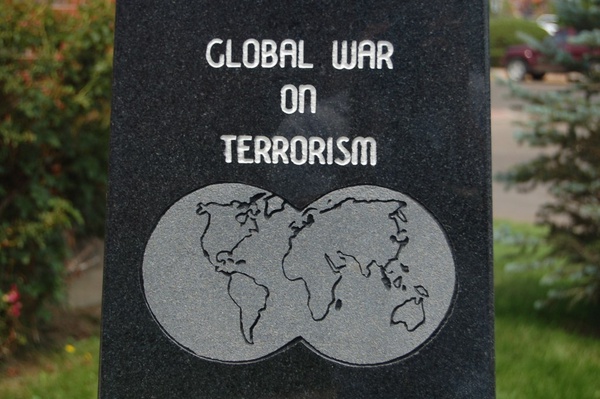
By JOHAN ABDU
Soon, the city of New York will mark 20 years since the 9/11 terror attacks that shook a nation to its core.
Much has changed since Sept. 11, 2001. New forms of security countermeasures are found everywhere, from airports to malls to banks to schools. There is a seemingly never-ending fight against assault weapons.
In some ways, it can be argued that the United States and the wider world have made progress, regarding challenges posed by terror.
But a question many are itching for an answer to is this: Who won this “War on Terror” that the United States has been fighting for twenty years?
Disappointingly, but not surprisingly, the answer seems to be: No one.
One of the best resources for conversation on U.S. relations with foreign countries is the Council of Foreign Relations. Founded in 1921, CFR “takes no institutional positions on matters of policy,” it declares. It is essentially a think-tank, focused on being a non-partisan resource for interested parties to better understand the world and our respective relationships with foreign policy.
It was in CFR’s highly regarding publication Foreign Affairs that Dr. Nelly Lahoud, a Senior Fellow at New America’s International Security program, penned a piece titled “Bin Laden’s Catastrophic Success.”
American troops first went to Afghanistan 20 years ago to fight alongside the Afghans, who were also seeking to catch members of the old Taliban government protecting members of al-Qaeda, the terrorist group responsible for the September 11, 2001 attacks.
Osama Bin Laden was considered by the U.S. and the new Afghan government to be the human face of terrorism. Lahoud writes that “Bin Laden believed that he could achieve (his) goal by delivering what he described as a ‘decisive blow’ that would force the United States to withdraw its military forces from Muslim-majority states, thus allowing jihadis to fight autocratic regimes in those places on a level playing field.”
Under President Barack Obama, in 2011, the United States engineered the capture and killing of Bin Laden and forced Al-Qaeda and ISIS allies to go into hiding.The U.S. continued to lead its coalition to remove Taliban influence in Afghanistan, as many fled to countries like Pakistan.
But in early 2020, a peace agreement was made by the United States government under President Donald Trump and the Taliban.
Now, with the U.S. President Joe Biden having pulled the last American soldiers out of Afghanistan, and suffered great humiliation in the process, the above question — and its answer — are more stark than ever.
Lahoud asks, “Will the Taliban make good on their promise (to work with the United States)?”
Few appear willing to offer a firm yes or no to that.
But the answer regarding who won the war on terror is clear: No one.

Leave a Reply
You must be logged in to post a comment.